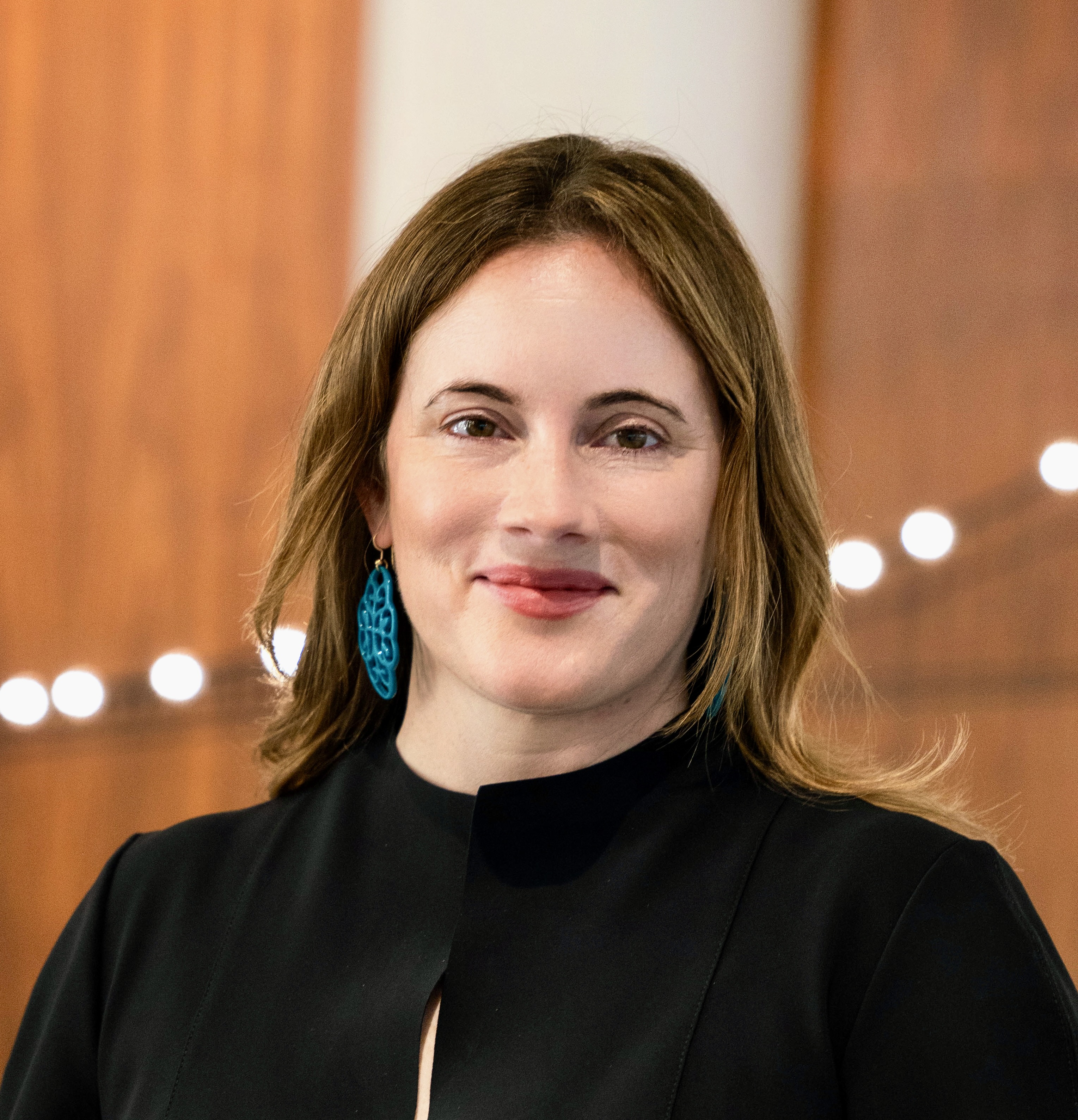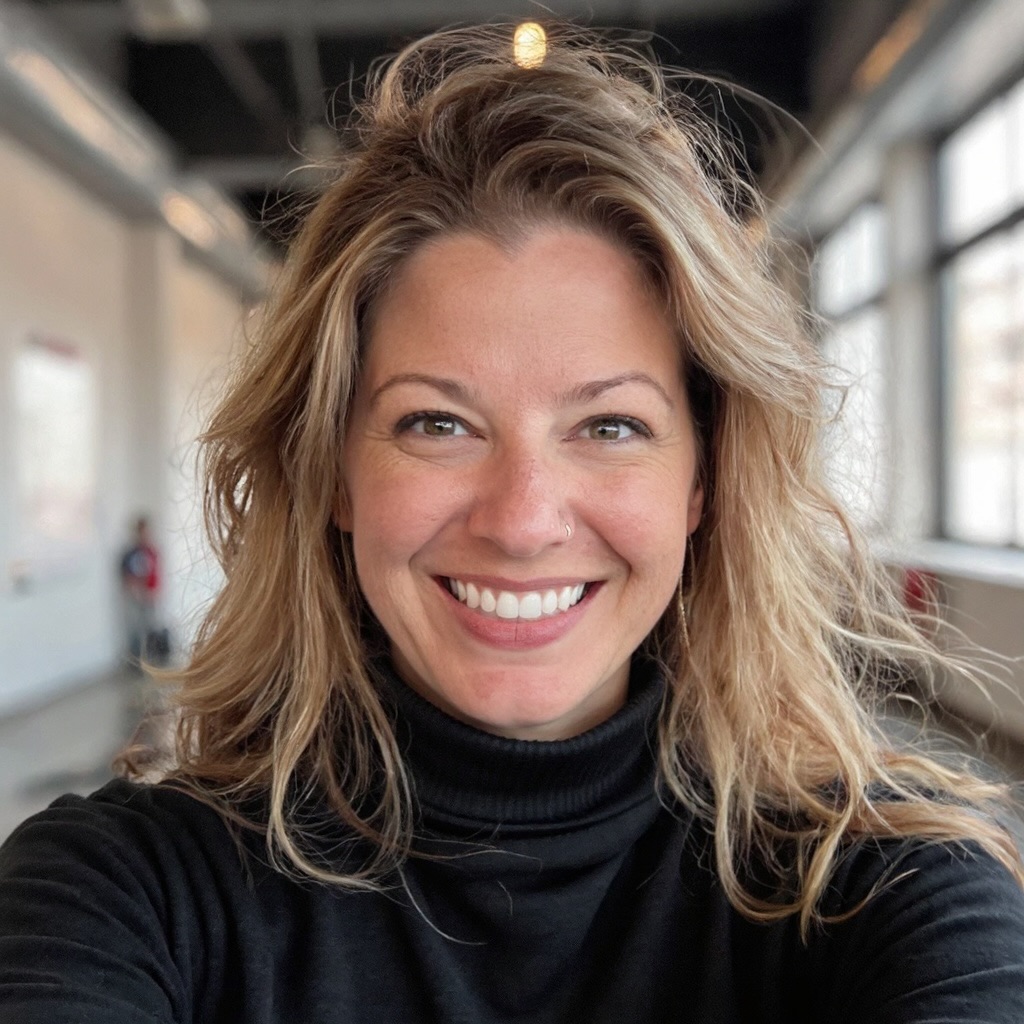Lisa Bari, vice president of policy and partnerships at Innovaccer, shares how public health departments can become better prepared to use AI by addressing their underlying data infrastructure; Angela Davis, project coordinator with the Montana Office of Rural Health and Area Health Education Center at Montana State University, explains...
Lisa Bari, vice president of policy and partnerships at Innovaccer, shares how public health departments can become better prepared to use AI by addressing their underlying data infrastructure; Angela Davis, project coordinator with the Montana Office of Rural Health and Area Health Education Center at Montana State University, explains how they developed a statewide AmeriCorps program grounded in health to address the population health needs of the highly rural state; a new ASTHO State Health Policy Update describes the legislative changes taking place across the country as a result of recent changes to the Advisory Committee on Immunization Practices (ACIP); and on Wednesday, November 19, ASTHO will close out its Public Health Nursing Learning Lab Series with a session on Public Health Nursing Workforce Culture.
Innovaccer: How State and Local Public Health Leaders can Promote AI and Data Governance
ASTHO Health Policy Update: States Seek Policy Guidance Beyond ACIP Vaccine Recommendations
ASTHO Webinar: Public Health Nursing Workforce Learning Lab - A Series
JANSON SILVERS:
This is the award-winning Public Health Review Morning Edition for Thursday, October 30, 2025. I'm Janson Silvers. Now, today's news from the Association of State and Territorial Health Officials.
LISA BARI:
Start with what is the problem we want to solve? Where could AI potentially help? Not what do we do? Because we have this technology.
SILVERS:
A recent report by Innovacer revealed that more than 75% of state and local health departments are already using some form of AI, yet 85% lack governance policies for it. Lisa Bari, vice president of policy and partnerships at Innovacer, shares how public health departments can become better prepared to use AI.
BARI:
AI- AI can't happen without connected and appropriate data, and so similarly, the AI literacy that public health departments needs comes by doing that really fundamental data infrastructure work in health departments.
SILVERS:
Once the foundation is strong, departments should build partnerships with those who deeply understand the AI space to ensure that all tools have appropriate safeguards in place.
BARI:
Making sure that the data sets that you are using, that your vendors, that your tools are using to train and deploy AI tools have appropriately adjusted for bias, that they have as much appropriate connected data as possible.
SILVERS:
Bari says, with the right system, AI can be employed for a variety of purposes, such as providing accurate, targeted messages about public health issues to the community.
BARI:
Once you have a corpus of- of you know, validated information, or you have things that your health department has been working on, let's say, for years or decades, around public health advice, those are great ways to use tools like some of these chat bots.
SILVERS:
You can read Innovaccer's full report on AI and public health online now. We'll have a link in the show notes.
In Montana, more than two-thirds of counties were classified as frontier, which means ensuring health services span across the entire state is no small task to help get more hands where they are needed. Montana State University developed a statewide AmeriCorps program grounded in health. Angela Davis with Montana State University joins us today to explain the process.
ANGELA DAVIS:
I think what's most transferable is one, starting with that data right, starting at that community-level voice, but then grounding the design decisions in that community voice from those providers.
SILVERS:
At the beginning of the initiative, Davis and her team brought together representatives from public health, higher education, community-based organizations, and more, to collaborate on an approach that would work for everyone.
DAVIS:
We also designed the program to be flexible, so each host site organization that would host an AmeriCorps member, they define their priorities and what that AmeriCorps member would do based on their local priorities, all within our state focus areas.
SILVERS:
Davis says the goal was not to just bring them solutions, but to support the programs that already work and address the specific needs of each community,
DAVIS:
They have the expertise, but not always the capacity. Essentially, it's too few hands to carry out these great ideas. So, by placing AmeriCorps members in these specific communities, we're helping expand that local capacity, while also investing in the next generation of rural and tribal public health workforce.
SILVERS:
The program is designed to add capacity in ways that build momentum, not dependency, on the program, such as by strengthening systems, partnerships, and outreach that last beyond the service terms. To read more about Montana's AmeriCorps program, just click the link in the show notes
Recent changes to the Advisory Committee on Immunization Practices have led many states to reconsider the level of consideration they give to the committee's recommendations and seek alternative sources to help guide the formation of health policy. To learn more about the legislative changes taking place in states across the country. Check out ASTHO's most recent state Health Policy Update. We'll have a link in the show notes.
Finally, on Wednesday, November 19, at 3 p.m. Eastern Time, the final installment of ASTHO's Public Health Nursing Learning Lab Series. This session will focus on public health nursing workforce culture, giving participants the opportunity to build connections and share ideas with peers from across the country. Don't miss it. You can register for the event now using the link in the show notes.
That will do it for today. We're back tomorrow morning for ASTHO news and information. I'm Janson Silvers. You're listening to the award-winning Public Health Review Morning Edition. Have a great day.






